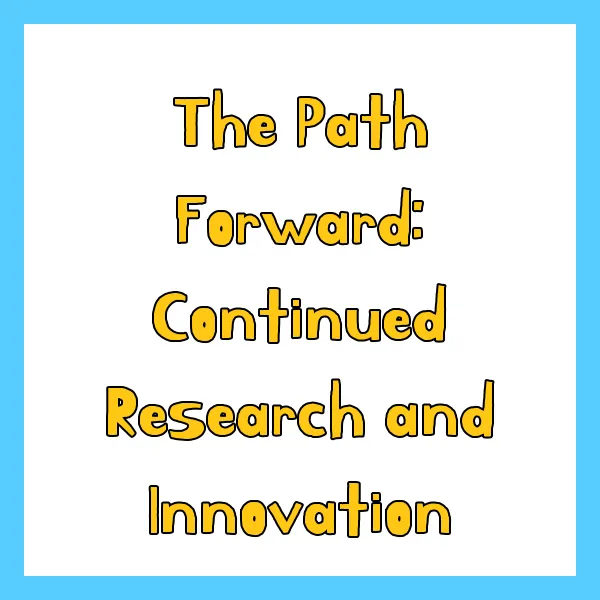
A groundbreaking study reveals exciting progress in the fight against early-onset Alzheimer's disease. Researchers have found that early intervention with anti-amyloid drugs may significantly delay the onset of dementia, offering a glimmer of hope for those genetically predisposed to this devastating condition. This breakthrough has significant implications for Alzheimer's prevention research and treatment strategies. Dive in to discover the details of this game-changing study!
The DIAN-TU Study: A Beacon of Hope

The Knight Family Dominantly Inherited Alzheimer Network-Trials Unit (DIAN-TU) study, spearheaded by Washington University School of Medicine in St. Louis, has provided the first clinical trial evidence supporting the amyloid hypothesis. This hypothesis proposes that the accumulation of amyloid plaques in the brain is the initial trigger in the development of Alzheimer's disease. What's so remarkable about this study? It focused on individuals genetically destined to develop early-onset Alzheimer's, offering a unique opportunity to test preventative strategies.
Groundbreaking Results: Delaying the Inevitable
The study involved 73 participants with rare genetic mutations that virtually guarantee early-onset Alzheimer's. Among them, a subgroup of 22 individuals who were cognitively healthy at the start and received gantenerumab, an anti-amyloid drug, for an average of eight years showed a stunning reduction in their risk of developing symptoms—from nearly 100% down to approximately 50%! This is a monumental achievement, offering the potential to extend the period of healthy cognitive function by years, perhaps even decades.
Gantenerumab's Role: A Mixed Bag
While Roche/Genentech discontinued gantenerumab's development due to mixed results in later-stage trials involving symptomatic patients, its impact in the DIAN-TU study cannot be ignored. The findings emphasize the potential of early and sustained amyloid-targeted intervention in delaying symptom onset. It's a critical piece of the Alzheimer's puzzle, and further research with other anti-amyloid drugs is warranted.
Navigating the Nuances: Understanding the Study's Complexities

The 50% risk reduction observed in the longest-treated subgroup isn't a static number. It's a dynamic calculation influenced by the number of participants developing symptoms and the timing of onset relative to their predicted age of onset. This means the figure may shift over time as more participants reach or surpass their expected age of symptom development. The initial findings are incredibly promising!
The Extension Study: A Premature End
The DIAN-TU study evolved from the Knight Family DIAN-TU-001, the pioneering Alzheimer's prevention trial launched in 2012. Initial results from this trial were mixed regarding gantenerumab's cognitive benefits. An open-label extension study was initiated to explore the effects of higher doses and longer treatment durations. Unfortunately, this extension was cut short in 2023 following Roche/Genentech's decision to discontinue gantenerumab's development. Despite this setback, the data collected, particularly from the longest-treated subgroup , offered compelling evidence of the drug's preventative potential.
Addressing ARIA: Safety First
Amyloid-related imaging abnormalities (ARIA), a known side effect of anti-amyloid drugs, were observed in the study. The incidence was higher in the extension study (30%) compared to the original trial (19%), likely due to the higher doses used. While ARIA is typically asymptomatic and resolves on its own, two participants experienced severe ARIA requiring temporary discontinuation of the drug. Thankfully, they recovered fully. Notably, there were no fatalities or life-threatening adverse events. Safety remains a top priority in Alzheimer's research!
The Future of Alzheimer's Prevention: A New Era of Hope

The discontinuation of gantenerumab doesn't mark the end of the road for Alzheimer's prevention research. Quite the contrary! The Knight Family DIAN-TU has launched the Amyloid Removal Trial, using lecanemab, an FDA-approved anti-amyloid drug for symptomatic Alzheimer's, in the open-label extension. The data from this phase are currently being analyzed and hold immense promise. Furthermore, other anti-amyloid drugs are under investigation as potential preventative measures. The future of Alzheimer's prevention is brighter than ever!
Broader Implications: Beyond Early-Onset
While the DIAN-TU study focused on early-onset genetic forms of Alzheimer's, its findings have far-reaching implications for all forms of the disease. Both early-onset and late-onset Alzheimer's share the common pathological characteristic of amyloid accumulation, which begins decades before cognitive symptoms appear. Historically, results from early-onset trials have been replicated in late-onset trials, giving us reason to believe that effective preventative strategies for the broader population are within reach . This is a game-changer for millions at risk!
Funding and Support: A Collaborative Effort
The DIAN-TU study's success is a testament to the collaborative efforts of various organizations. Key funders include the Alzheimer's Association, GHR Foundation, and the National Institutes of Health (NIH). Their support underscores the importance of this research and fuels the continued pursuit of effective Alzheimer's prevention and treatment strategies.
The Path Forward: Continued Research and Innovation

The DIAN-TU study represents a paradigm shift in Alzheimer's research, providing compelling evidence for the effectiveness of early intervention. While challenges remain, the progress made so far offers a beacon of hope for countless individuals and families affected by this devastating disease. Continued research, innovative treatment strategies, and collaborative efforts are crucial to ultimately conquering Alzheimer's. We're on the verge of a new era in Alzheimer's care, and the future is filled with possibility!
This groundbreaking research has opened new avenues for exploring preventative strategies and provides a foundation for future studies. Imagine a future where Alzheimer's is no longer a looming threat but a manageable condition. With continued dedication and scientific advancements, that future may be closer than we think.
'NEWS > SCIENCE' 카테고리의 다른 글
| Amazing Animal Discoveries Sharks, Penguins, Koalas & More (0) | 2025.03.27 |
|---|---|
| Antarctica's Hidden World Revealed New Map Shows Deepest Canyon (0) | 2025.03.26 |
| Earliest Galaxy Ever Found Oxygen Discovered by ALMA (0) | 2025.03.22 |
| Microdroplet Fission A New Theory on the Origin of Life? (0) | 2025.03.19 |
| Nature Scenes Reduce Pain New Neuroimaging Study (0) | 2025.03.18 |